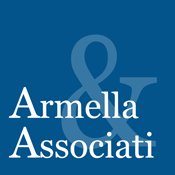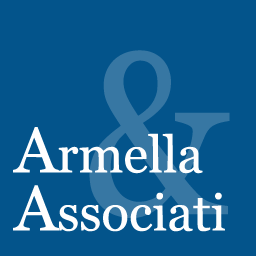Withdrawal Agreement, G.U. 31 gennaio 2020, n. 29/7
After the end of the transition period, the EU VAT rules on the goods supply between Member States are no longer apply in commercial relations between the European Union and the United Kingdom.
Trade between the EU and the UK is now subject to the VAT rules on imports and exports.
From January 1, 2021 the supplies to the UK are exports, not taxable, but in accordance with art. 8 DPR 633/1972 and no longer with art. 4 d.l. 331/1993.
The goods are, therefore, exempt from VAT if shipped or transported to a destination outside the European Union.
The exported goods supplier must be able to prove that the goods have left the territory of the Union. Generally, Member States rely on the exit certification delivered to the exporter by the export Customs Office. The Union’s Export Control System (ECS) manages the data exchange between export Customs Offices and exit Customs Offices, which is necessary for the purpose of granting export release. The released goods must leave the Union’s customs territory within 90 days (art. 335 RE 2015/2447).
If the transaction between the UK and EU has taken place before the end of the transitional period, the EU VAT law rights and obligations continue to apply (art. 51, paragraph 2, Withdrawal Agreement).
Goods transported or dispatched from one of the Member States to the United Kingdom before the end of the transitional period and reintroduced (in original condition) from the United Kingdom into the EU after January 1, 2021 are considered “re-imports” in accordance with art. 143, par. 1, letter e) of the VAT directive (Council directive 2006/112/EC).
A careful consideration concerns the Northern Ireland special regime. Trade in goods between the European Union and Northern Ireland, in fact, from January 1continues to be governed by the intra-Community trade rules, in accordance with the provisions of the “Protocol on Ireland and Northern Ireland”, contained in art. 185 of the Withdrawal Agreement.






